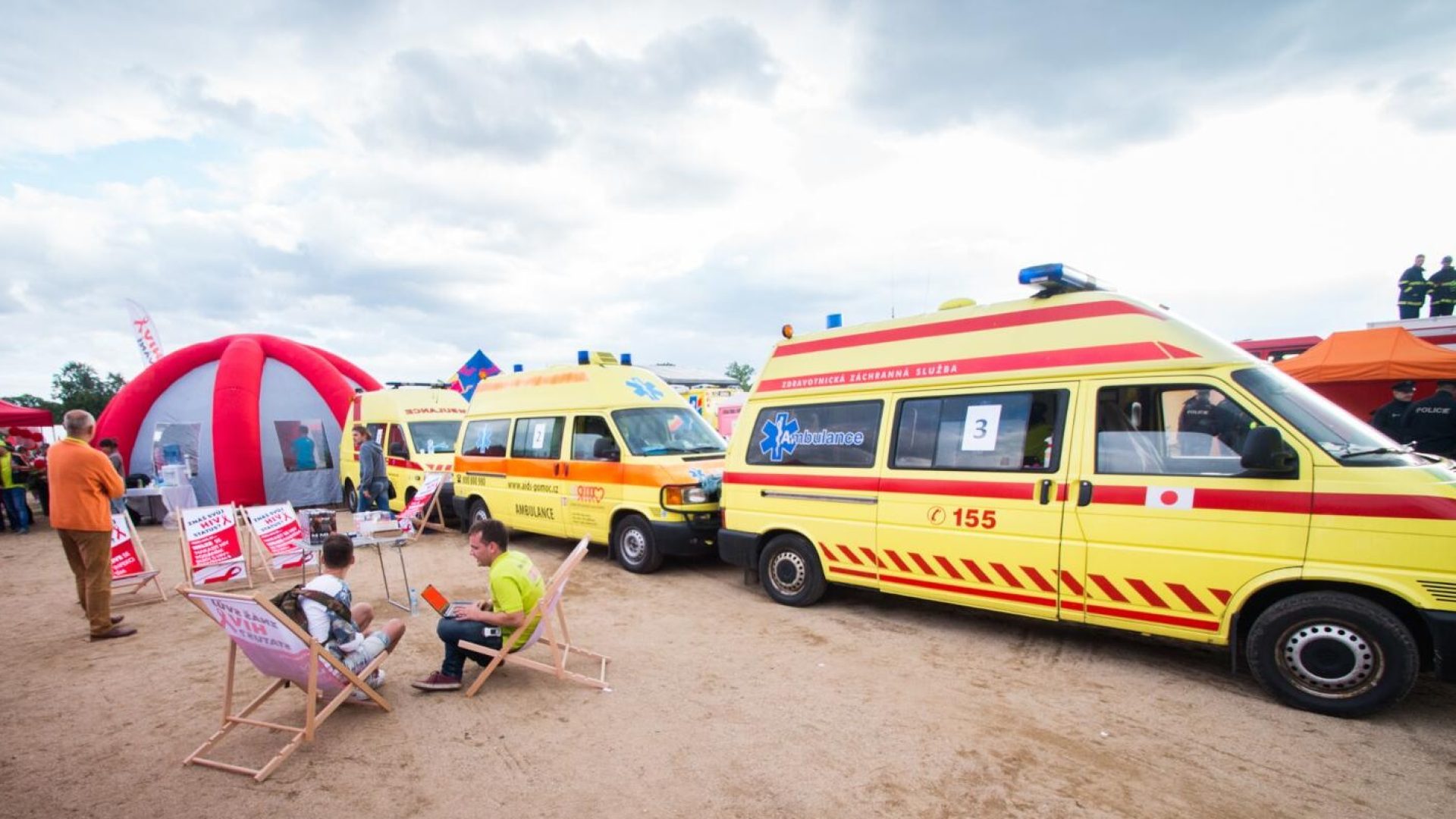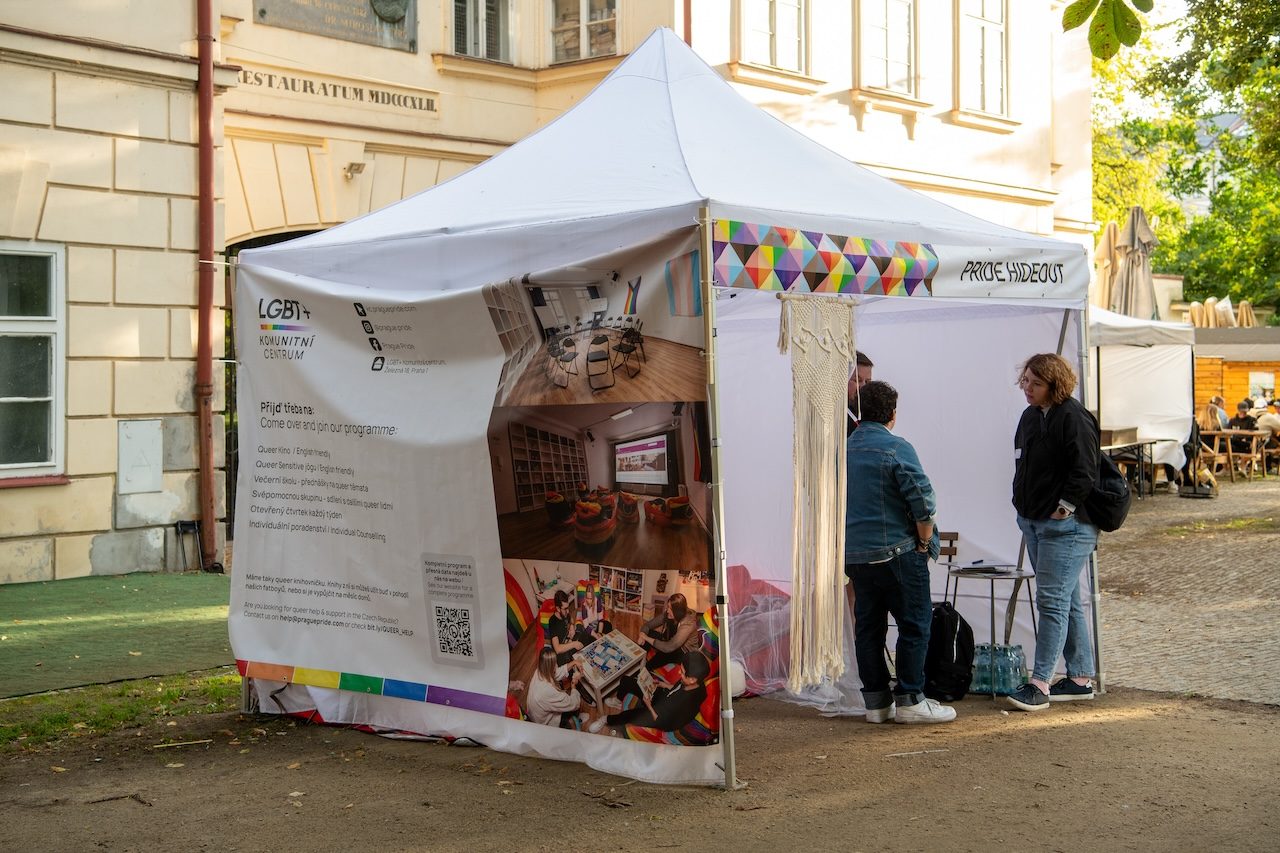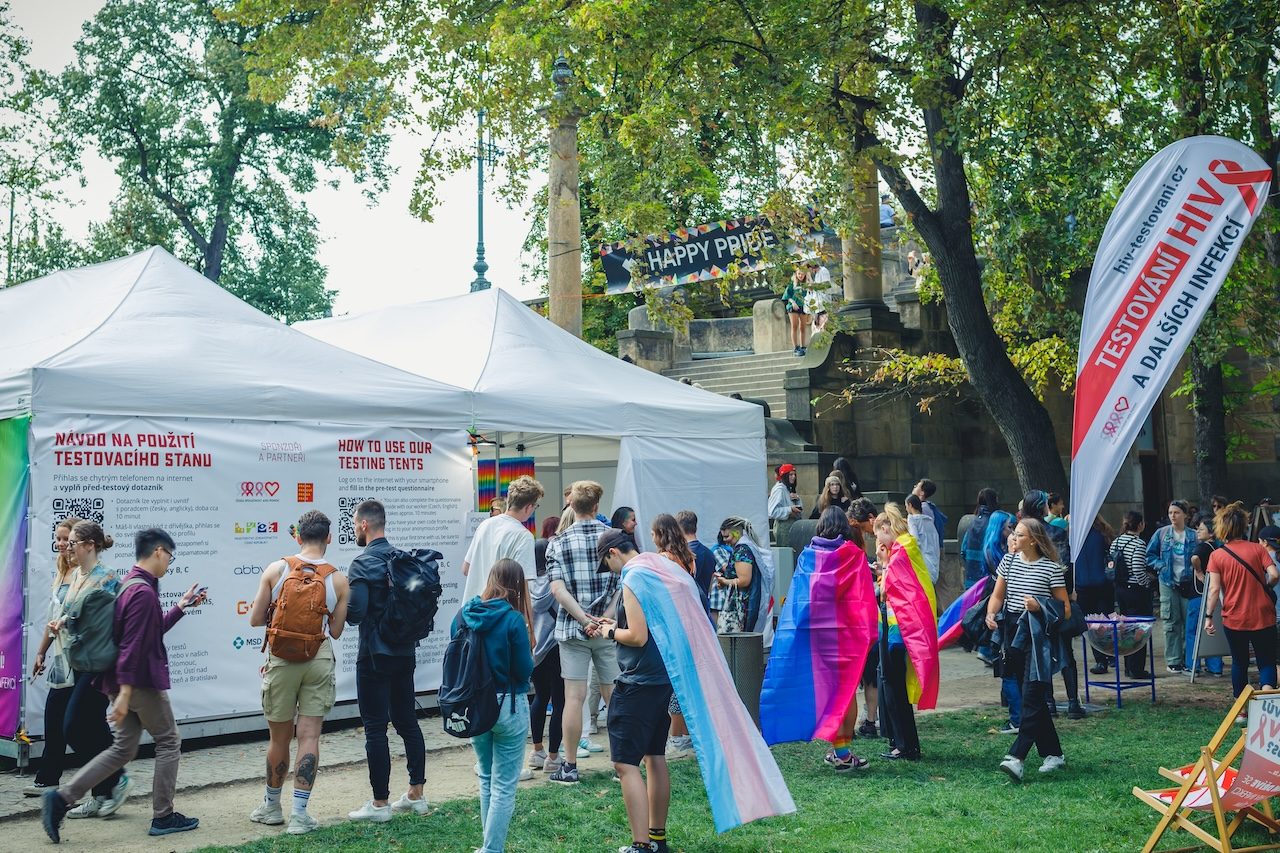Health at the Festival

Even if you dive headfirst into the fabulous whirlwind of the Prague Pride Festival, don’t forget the basics: you’ve got to take care of yourself to truly enjoy the celebration and leave with joyful memories.
We know, this is the kind of advice your mom probably gives you—but guess what? She’s right:
Summer heat in the city is sneaky. Drink plenty of non-alcoholic fluids throughout the day. Your body loses water fast when you sweat, and dehydration is no joke—you don’t want to end up in the care of the medical team because you forgot to hydrate.
You need to eat—even if you’re trying to slim into that parade costume. If you skip breakfast and lunch, don’t be surprised if your body gives up on the fun before you do.
Nothing ruins a festival day like falling asleep in the sun without sunscreen. Even sunburned earlobes can be a nightmare. Keep a little bottle of sunscreen with you every day unless the sky is completely overcast.
Wash your hands often and ideally carry some hand sanitizer. You’ll be around a lot of people—touching the same food stalls, railings, toilets… In Czechia, hepatitis A is currently on the rise. It’s known as the “disease of dirty hands.” There’s no specific treatment, so good hygiene is your best defense. And yes, you should consider getting vaccinated—it gives you long-term protection and Czech health insurance companies even cover a part the cost for their clients.
Mental Health
Sometimes it can be the crowd, the loud music, the pressure drop before a storm, or just a bad night’s sleep. If there’s a moment when you don’t feel okay, don’t force it—take a break. That’s exactly what Pride HideOUT powered by Sephora is here for. You’ll find this mental health refuge in Pride Village and on Saturday in Pride Park. It’s a space of calm, with cushions, earplugs, and gentle quiet. Come take a moment to breathe away from the noise and the people. Crisis support professionals will also be present—you can lean on them if you’re feeling overwhelmed or anxious.

Starting the Day with a Clear Head
You made your bed, now you gotta lie in it. On Saturday in Pride Park, a dedicated harm reduction team will be there to support you safely—especially in the context of the dance floor and nightlife. Their goal is to help you minimize the risks connected to using legal and illegal psychoactive substances (yes, that includes alcohol too).
They’re there to remind you to hydrate, help you find something gentle to eat that won’t upset your stomach (think fruit!), and offer support if you’re not feeling well after taking any substance. If you feel unwell—this is the team to turn to. They’re experienced and non-judgmental.
And honestly? They’re great to talk to even if you’re just stopping by for a friendly chat.
At Letná, you’ll be looked after by the Party Harm Reduction team from Progressive o.p.s., and at the official afterparty Fever at Radost FX club, by the Hard&Smart program from Podané ruce. We thank them for making the fun at Prague Pride Festival safer.
HIV Testing
The Prague Pride Festival is always a great opportunity to get tested and learn the latest about HIV prevention and treatment.

From Monday to Friday, the Czech AIDS Help Society (ČSAP) will be running a testing booth in Pride Village, and on Saturday, they’ll be in Pride Park at Letná. You can get tested—completely free of charge and anonymously—for HIV, syphilis, and hepatitis B and C. The whole process takes just a few minutes, especially if you fill out the pre-test form online in advance.
At the booth, a healthcare worker will perform a rapid test using a drop of blood from your finger. You’ll be identified by a code number—no one will ask for your name. In about 30 minutes, you’ll receive a notification on your phone that your result is available via the online system.
If your result isn’t clearly negative, a venous blood sample will be taken and sent to the National Reference Laboratory for HIV/AIDS for confirmation. This will determine whether the initial result was a false alarm or if treatment should begin. Don’t panic—most follow-up tests after a reactive result turn out negative.
What exactly does a negative rapid test mean?
Rapid tests don’t detect the virus itself, but the body’s response to it (antigens and antibodies). These take time to develop—typically at least two months. So if you haven’t been sexually abstinent or 100% protected in the past two months, a negative result does not guarantee you’re currently HIV-free. It only tells you that two months ago, you were. That’s why people with active sex lives are encouraged to test regularly—ideally every three months.
HIV Prevention—During the Festival and Beyond
If HIV is detected early and treated with modern antiretroviral medication, a person can live a long and healthy life, just like anyone else. There’s no reason to avoid testing out of fear. Quite the opposite—it’s empowering to know your status and take control.
Recently, HIV transmission has also been rising among heterosexual people (no, it’s not due to refugees from Ukraine). We’re all at some level of risk.
Many sexual activities carry zero or minimal risk—like kissing, oral sex, or mutual masturbation.
However, unprotected anal sex carries up to 20 times higher risk than vaginal sex.
You can protect yourself from HIV by:
- Using condoms (Durex condoms are available for free at all festival venues)
- Taking PrEP (pre-exposure prophylaxis—a preventive medication that blocks HIV transmission if the virus enters your body). Learn more at www.chiprep.cz
- Having sex with someone living with HIV who has had an undetectable viral load for at least six months. Such people cannot transmit the virus. Most HIV-positive people on treatment in Czechia are non-infectious.
- Taking PEP (post-exposure prophylaxis). If you had a risky encounter, you can take a 72-hour emergency treatment of antiretroviral medication to stop HIV from spreading in your body. PEP must be prescribed by a doctor—it’s not available over the counter like emergency contraception. It’s not covered by insurance and costs around CZK 5000. And timing is crucial—don’t delay.
Remember: HIV isn’t the only STI. PrEP and PEP don’t protect against other infections like syphilis, hepatitis B/C, gonorrhea, HPV, chlamydia, and more.




